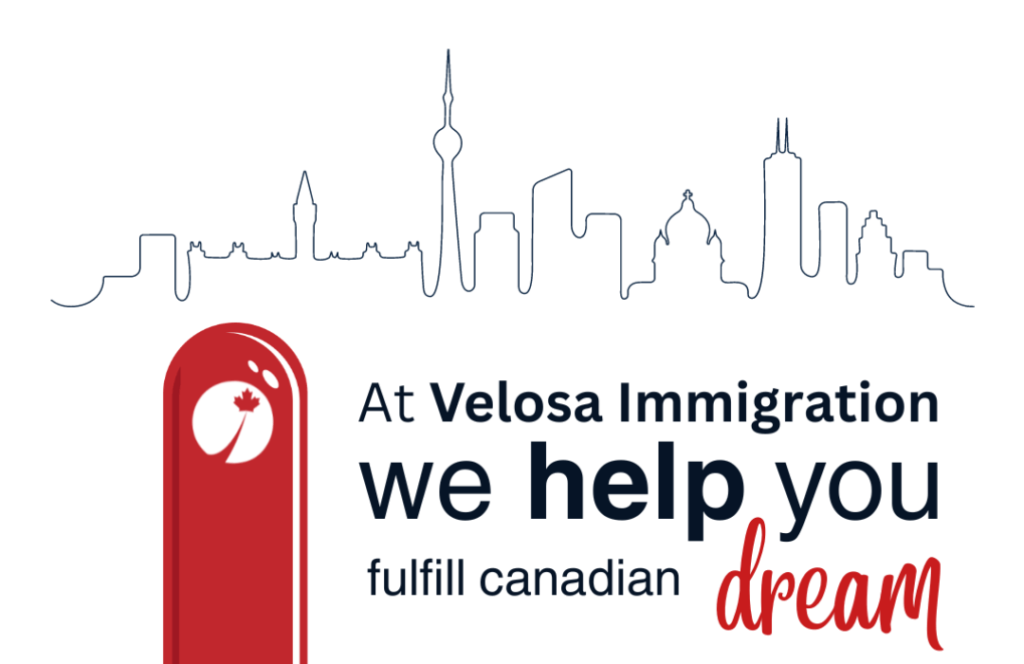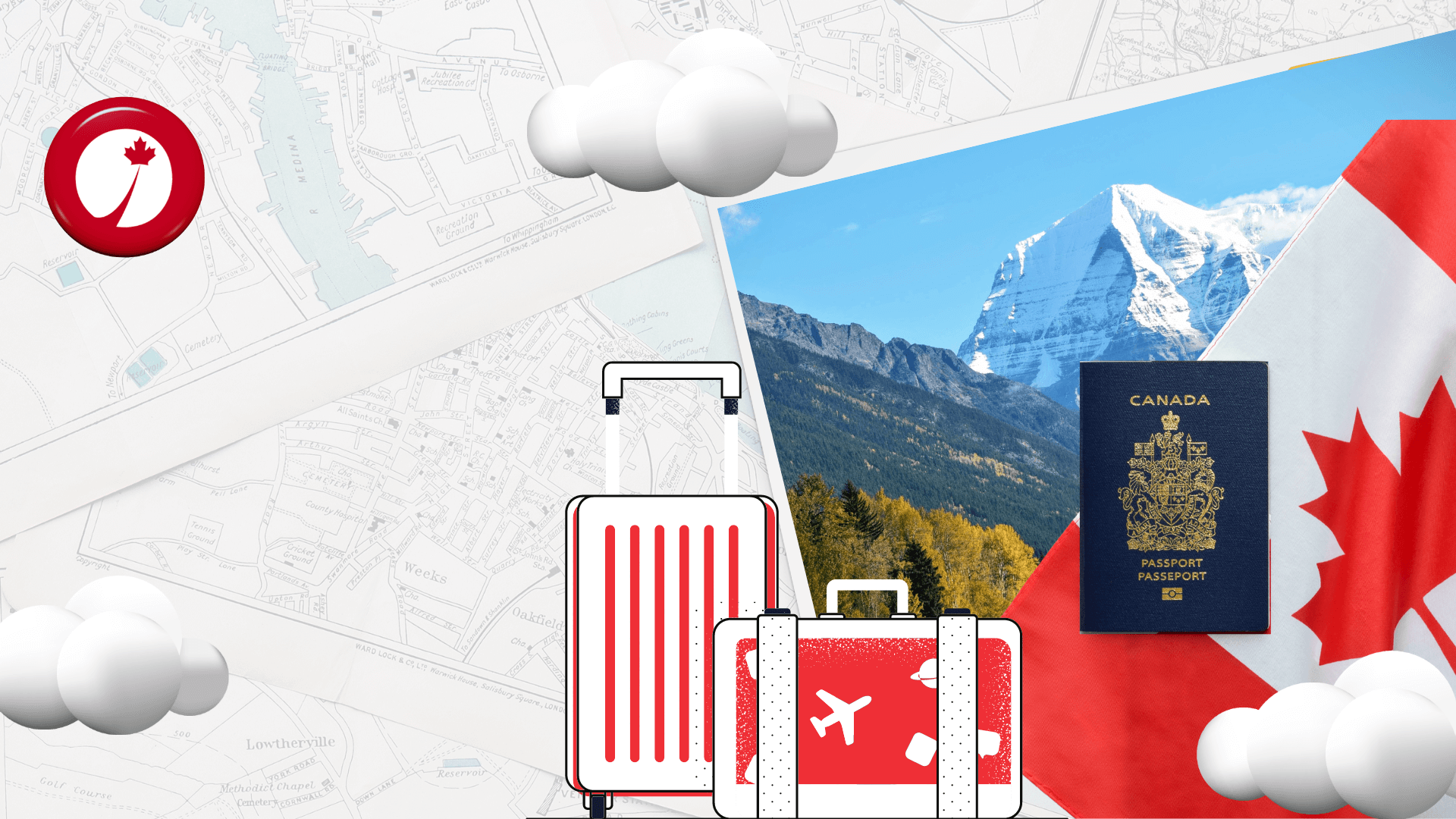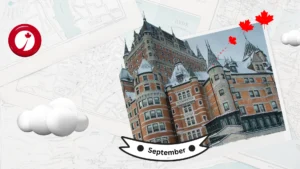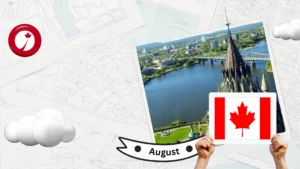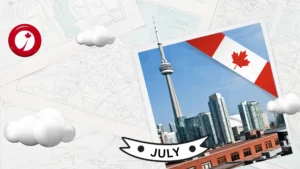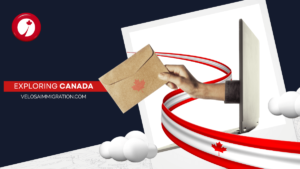Becoming a permanent resident in British Columbia offers numerous benefits, including access to the province’s high-quality healthcare system and world-class education. PR holders can enjoy the vibrant cultural diversity and stunning natural landscapes that BC is known for, ranging from dynamic urban centers like Vancouver to serene coastal and mountainous regions. PR status also sets the path towards Canadian citizenship, offering long-term stability and security for individuals and their families.
1. Understanding the Provincial Nominee Program (PNP) British Columbia
- What is the BC PNP?

- Overview of the British Columbia Provincial Nominee Program (BC PNP): The BC PNP is a program established by the province of British Columbia to attract skilled workers, international graduates, and entrepreneurs who can contribute to the province’s economic development. It allows the province to nominate individuals for permanent residence based on their skills, experience, and ability to settle in BC successfully.
- Importance of the BC PNP in the Immigration Landscape
The BC PNP is crucial in the immigration landscape as it addresses regional labor market needs and helps BC attract and retain talent that supports economic growth. By offering a tailored pathway to permanent residence, the BC PNP ensures that the province can fill skill shortages and boost local economies.
- Eligibility Criteria
- General Eligibility Requirements: Generally, applicants must have a job offer from a BC employer, meet specific language proficiency levels, have relevant work experience, and possess the necessary educational qualifications. They must also demonstrate the intent to reside in BC.
- Specific Criteria for Different Streams Within the BC PNP: Each stream has unique criteria. For example, the Skills Immigration Stream requires a valid job offer, while the Entrepreneur Immigration Stream requires a minimum investment and business plan.
- Benefits of the BC PNP

- Advantages of Choosing the BC PNP Route for PR: The BC PNP offers faster processing times compared to other pathways, tailored streams to fit various profiles, and provincial support for settling in BC. It also provides an additional 600 CRS points for Express Entry candidates, significantly boosting their chances of receiving an invitation to apply for PR.
- Success Stories or Testimonials from Previous Applicants: Many successful applicants have found the BC PNP to be a direct and supportive pathway to PR, allowing them to integrate quickly into the local economy and community. Testimonials highlight the program’s efficiency and the welcoming environment of BC.
2. Different Streams under BC PNP
- Skills Immigration Stream
Categories
- Skilled Worker: For individuals with a job offer in a skilled occupation.
- Healthcare Professional: For doctors, nurses, and other healthcare workers.
- International Graduate: For recent graduates from Canadian post-secondary institutions.
- International Post-Graduate: For graduates with a master’s or doctoral degree from a BC institution in natural, applied, or health sciences.
- Entry Level and Semi-Skilled: For workers in certain entry-level or semi-skilled positions in tourism/hospitality, food processing, or long-haul trucking.
- Detailed Eligibility and Application Process for Each Category
Each category has specific requirements, such as a valid job offer, language proficiency, and relevant work experience. Applicants must create an online profile and submit the necessary documents to the BC PNP portal.
- Express Entry BC Stream
- Overview of Express Entry and How It Integrates with BC PNP: This stream is aligned with the federal Express Entry system, allowing candidates to enter the Express Entry pool and receive an additional 600 CRS points if nominated.

- Step-by-Step Guide to Applying Through the Express Entry BC Stream:
- Create an Express Entry profile and meet the minimum requirements for one of the federal immigration programs.
- Register with the BC PNP Online system and complete the application.
- If nominated, accept the nomination in your Express Entry profile to receive the additional points.
- Receive an Invitation to Apply (ITA) for PR from IRCC.
- Entrepreneur Immigration Stream
Categories
- Entrepreneur: For individuals planning to start a new business or purchase and expand an existing business in BC.
- Regional Pilot: For entrepreneurs looking to establish a business in smaller communities.
- Strategic Projects: For foreign companies looking to establish a presence in BC.
Requirements and Process for Entrepreneurs Looking to Invest in British Columbia: Applicants must submit a business plan, demonstrate business experience, and meet minimum investment and net worth requirements. They must also commit to active and ongoing management of the business.
3. The Application Process
- Pre-Application Steps
- Language Proficiency Tests (IELTS, CELPIP): Applicants must take a language test approved by IRCC, such as IELTS or CELPIP, and meet the minimum language proficiency levels required for their stream.
- Educational Credential Assessment (ECA): Foreign-educated applicants must have their educational credentials assessed by a designated organization to verify that their education is equivalent to Canadian standards.
- Application Steps
- Creating an Online Profile: Applicants must create an online profile on the BC PNP portal and provide personal information, employment details, and other relevant data.
- Gathering Necessary Documents: Necessary documents include identification, education credentials, language test results, job offer letters, and proof of work experience.
- Submitting the Application Through BC PNP Online: Once the profile is complete and all documents are gathered, applicants can submit their application online through the BC PNP portal.
- Post-Nomination Steps
- Receiving a Provincial Nomination: Upon approval, applicants receive a provincial nomination certificate, which they must accept.
- Applying for PR Through the Federal System (IRCC): With the nomination, applicants apply for PR through IRCC, providing all required documentation and undergoing medical and security checks.
- Preparing for the Final PR Application, Including Medical and Security Checks: Applicants must undergo a medical examination and provide police certificates from countries where they have lived for six months or more since turning 18.
4.Key Tips for a Successful Application
- Understanding the Points-Based System
- Comprehensive Ranking System (CRS) for Express Entry: The CRS scores candidates based on factors such as age, education, work experience, and language proficiency. A higher CRS score increases the chances of receiving an ITA for PR.
- Tips for Maximizing Points: Improve language test scores, gain additional work experience, pursue higher education, and secure a provincial nomination to increase CRS points.
- Common Pitfalls and How to Avoid Them
- Frequent Mistakes in Applications and How to Prevent Them: Common mistakes include incomplete applications, incorrect information, and missing documents. Thoroughly reviewing the application and double-checking all details can prevent these errors.
- Additional Resources and Support
- Government Resources, Immigration Consultants, and Community Organizations: Utilize resources like the BC PNP website, IRCC guidelines, licensed immigration consultants, and local community organizations for support and guidance.
5. Life After Nomination
- What to Expect After Applying for PR

- Timeline and Process After Receiving a Provincial Nomination: Expect a waiting period while IRCC processes the PR application. The timeline can vary based on individual circumstances.
- Possible Interviews and Additional Documentation: Be prepared for possible interviews and requests for additional documentation during the PR application process.
- Settling in British Columbia
- Resources for Newcomers (Housing, Employment, Education): Access resources such as settlement services, housing assistance, job search support, and educational opportunities to ease the transition.
- Overview of Life in British Columbia: Cost of Living, Cultural Diversity, and Community Support: Enjoy the high quality of life, diverse cultures, and strong community support in BC. Understand the cost of living and find resources to help integrate into Canadian society. If you still don’t understand how the Provincial Nominee Programs work, visit this link.
Testimonials
In Velosa Immigration, we have helped numerous people find their way to Canada through the Provincial Nominee Programs of British Columbia. This is Andrea’s case

My experience in Canada has been very gratifying. I believe that good planning, knowledge, and professional help have been fundamental in obtaining our permanent residence in just 2.5 years of living here.
The story began in September 2020 when I started my diploma in Business Administration at UVIC. Due to the pandemic, I had to complete the entire first year from Peru, my home country. In September 2021, my daughter and I arrived in Victoria to complete my second year of studies. Here, I want to emphasize the importance of entering the Canadian job market as soon as possible. At first, I could only take part-time jobs due to the regulations at that time, but they provided me with experience and helped me improve my language skills. From my point of view, it is crucial to secure the qualified job that will lead to permanent residence as soon as possible. In my case, I finished my studies in July 2022 and had the qualified job from that moment. This is where knowledge of the regulations for obtaining PR becomes relevant. I knew I had to have at least one year with the qualified job, so that was my deadline to have everything else ready for the application (English test, validation of my studies from my home country, certificates of my work experience in Peru).
By August 2023, I had everything I needed but didn’t know where to start with the process. The regulations change all the time and are often difficult to understand. Initially, I thought Express Entry was the only path for me, but reaching such high scores seemed impossible. That’s when I contacted Velosa Immigration. From the first appointment, Hernan clarified all my doubts and designed plan A, B, and C to reach PR. We created the Express Entry profile, and although my score was close, it wasn’t high enough at that time. We decided to wait a reasonable amount of time to see if the score would drop, but it didn’t.
In January, seeing that the scores kept increasing, we decided to go for the provincial nomination. After posting the profile in the province, we were invited in the first round, granting us the 600 Express Entry points. Thus, the federal program invited us in the same week, and we obtained PR. This part was super fast; from applying for the provincial nomination to receiving PR, it took only 3 months.
Finally, my biggest advice is to apply for PR as soon as possible. My Post-Graduate Work Permit was still valid until December 2025, but I decided to start the process as soon as I could. Sometimes, we see a distant date and think we have plenty of time. However, regulations change, scores become more competitive, and everything becomes more complicated.
Would you like us to help you with your process? Contact us!
